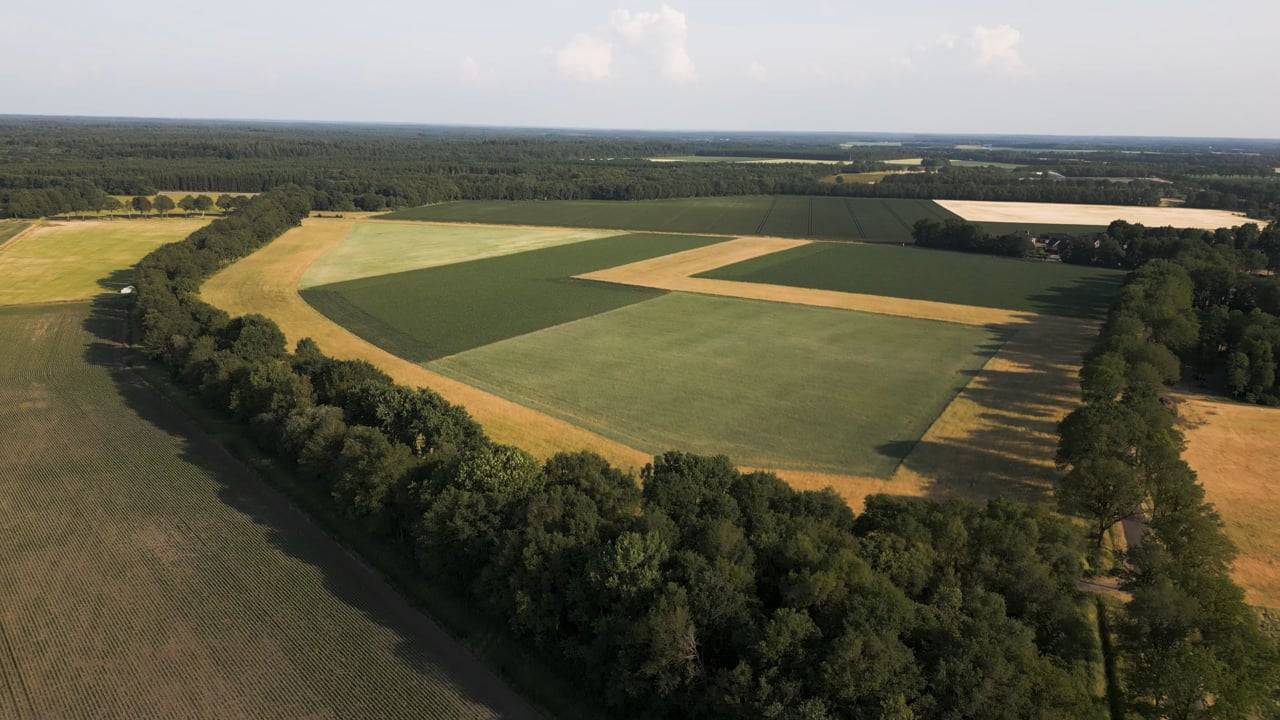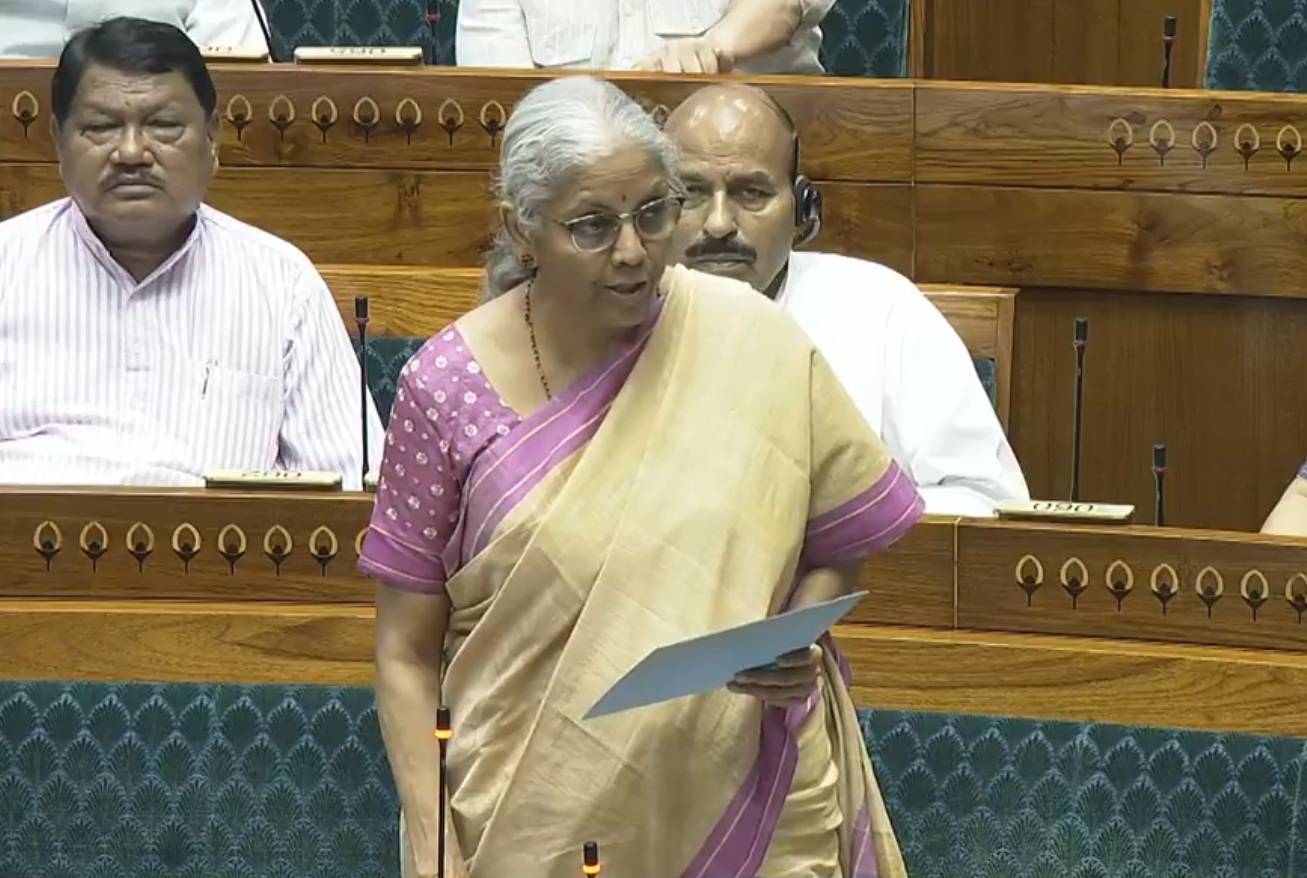The Goods and Services Tax (GST) on Joint Development Agreements (JDAs) in the real estate sector has become a subject of intense scrutiny and legal challenges. As the issue escalates, it is set to be a key agenda item at the upcoming GST Council meeting scheduled for September 9, 2024. The council's decisions could have far-reaching implications for real estate developers, landowners, and the broader market. This article delves into the complexities of GST application on JDAs, the ongoing legal battle, and the potential outcomes of the Council's deliberations.
The Basics of Joint Development Agreements
A Joint Development Agreement (JDA) is a legal arrangement between landowners and developers, allowing the latter to develop projects on the landowner's property. This arrangement is particularly popular in India's real estate sector, where landowners typically receive a share of the developed property or a financial consideration in return for granting development rights to the developer.
Under the current GST regime, JDAs have become a focal point of debate due to the differing tax treatments based on the agreement's date. For JDAs executed before March 31, 2019, GST is levied at 18% with the benefit of input tax credit (ITC). However, for agreements signed after April 1, 2019, the tax rate was reduced to 1.5% for affordable housing and 7.5% for other residential properties, albeit without the benefit of ITC. This distinction has led to considerable confusion and litigation within the real estate community.
Legal Challenges and Court Rulings
The applicability of GST on JDAs has been contested in various judicial forums, with significant implications for both developers and landowners. A key issue in these disputes is whether the transfer of development rights under a JDA should be treated similarly to the sale of land, which is exempt from GST, or as a taxable service.
In February 2024, the Telangana High Court ruled on this matter in the case of Prahitha Construction Private Limited. The court dismissed a petition that argued against the imposition of GST on the transfer of development rights, asserting that while the transfer of land itself is exempt from GST, the transfer of the right to develop land under a JDA is indeed subject to GST. This ruling upheld the position that development rights, distinct from land ownership, constitute a supply of service under the GST framework.
Following this decision, the matter was escalated to the Supreme Court. The apex court, in its preliminary hearing, declined to stay the Telangana High Court's ruling, effectively maintaining the status quo. The Supreme Court is expected to further hear the case on September 9, 2024, coinciding with the GST Council's meeting.
The Role of the GST Council and the GoM
Given the ongoing legal battle and the widespread implications for the real estate sector, the GST Council has tasked a Group of Ministers (GoM) to examine the issue of GST on JDAs. The GoM, chaired by Goa's Chief Minister Pramod Sawant and including finance ministers from several states, is expected to meet this week to discuss various aspects of the tax treatment of JDAs.
One of the GoM's key responsibilities is to evaluate the current GST framework for JDAs and suggest a suitable model that could be considered by the GST Council. This includes exploring the possibility of introducing a composition scheme or other mechanisms to alleviate the tax burden on the real estate sector. Additionally, the GoM has been asked to examine the legality of including land or other components in the composition scheme and propose a valuation mechanism.
Potential Outcomes and Impact on the Real Estate Sector
The GST Council's upcoming meeting could result in significant changes to the way JDAs are taxed in India. If the Council adopts the GoM's recommendations, we could see a more streamlined and perhaps more favorable tax regime for JDAs, which may encourage further investment in the real estate sector.
For developers and landowners, a revised GST framework could reduce compliance burdens and clarify the tax implications of JDAs. This would be particularly beneficial in regions where JDAs are a common practice, such as urban centers where land is scarce, and development opportunities are highly sought after.
On the other hand, if the current tax treatment remains unchanged, the real estate sector may continue to face challenges related to the high tax burden and legal uncertainties. This could lead to increased costs for developers, which may ultimately be passed on to consumers in the form of higher property prices.
Looking Forward
The issue of GST on Joint Development Agreements in the real estate sector is a complex and evolving matter that holds significant implications for the industry. As the GST Council prepares to meet on September 9, 2024, the recommendations of the GoM and the ongoing Supreme Court case will play a crucial role in shaping the future of JDAs in India.
Stakeholders across the real estate sector will be closely watching the developments, hoping for clarity and relief from the current tax complexities. Whether the outcome will bring a more favorable tax regime or uphold the existing framework remains to be seen, but it is clear that the decisions made in the coming weeks will have a lasting impact on the real estate market in India.









